By Ugo Inyama
Markets are like mirrors; they reflect confidence, not speeches. When the reflection clouds, wealth vanishes. In the days following Washington’s redesignation of Nigeria as a Country of Particular Concern (CPC), ₦1.3 trillion was wiped off the value of the Nigerian Exchange (NGX) in a single session. By the end of that week, losses had swelled to an estimated ₦2.8 trillion across equities and the money market.
The tremor did not come from a policy or a scandal but from a political label delivered thousands of miles away. What the United States described as a moral and diplomatic signal struck Nigeria’s markets like a financial earthquake.
A Label That Shook the Market
When the world’s most powerful economy brands another country a violator of religious freedom, global investors pay attention. The CPC tag implies that Nigeria tolerates or enables faith-based persecution, an accusation that quickly translates into higher risk perception and reduced appetite for exposure.
Following the announcement, the NGX All Share Index plunged by nearly 1,400 points, and market capitalisation dropped from ₦97.83 trillion to ₦96.53 trillion, a loss of ₦1.3 trillion in a day. By the end of the week, losses exceeded ₦2.8 trillion as panic rippled through equities, bonds, and money market instruments.
Foreign investors appear to have halted inflows and trimmed portfolios. The government dismissed the U.S. action as “unfounded,” but markets do not wait for explanations; they react first and verify later.
To place this in context, the NGX Weekly Market Report for 10 October 2025, just before the CPC announcement, showed an upbeat market. The All Share Index stood at 146,988.04, while market capitalisation rose to ₦93.30 trillion, a gain of ₦2.17 trillion from the previous week.
However, by 17 October 2025, according to the subsequent NGX report, trading value had fallen sharply. Investors exchanged 2.42 billion shares worth ₦76.62 billion in 126,591 deals, down from ₦90.28 billion the week before. This was a clear sign that while trading continued, financial exposure was shrinking in the wake of the CPC shock.
Confidence: The Currency Behind the Currency
Nigeria’s equities had been recovering modestly after reforms that removed fuel subsidies and unified the exchange rate. Yet beneath the optimism lay unease: inflation above 28 percent, high interest rates, and a volatile naira.
Foreign portfolio inflows, which reached almost ₦2 trillion in 2023, sustain liquidity in both the NGX and the fixed income market. But such capital is flighty. The CPC designation added another red flag to Nigeria’s risk profile, signalling instability and possible sanctions. In global finance, reputation is capital. One label from Washington can alter a nation’s creditworthiness overnight.
From Diplomacy to Discount
The CPC designation functions as a market downgrade. Rating agencies and investors build it into their risk models. A country flagged for human rights or governance failures instantly faces higher borrowing costs and reduced access to capital.
For Nigeria, the timing is brutal. External debt now exceeds $45 billion, while the Central Bank is still clearing over $5 billion in foreign exchange backlogs. Every rise in perceived risk adds to those costs. Private firms feel it too, as banks tighten compliance checks on watch-listed countries, delaying trade finance and increasing transaction costs. What begins as diplomacy ends as an economic penalty.
Markets Read Politics Like Weather
Investors do not analyse politics; they price it. The CPC story entered trading terminals, risk briefings, and fund algorithms within hours. In London, New York, and Dubai, Nigeria’s name now appears beside phrases such as “religious tension” and “governance risk.” That perception alone can shift millions in capital to rival markets such as Egypt or Kenya.
Markets move faster than politics, and they rarely forgive uncertainty.
Diplomacy Is Now Economic Policy
Abuja’s response has been defensive rather than strategic. Condemnation is not communication. Nigeria needs an immediate diplomatic and information offensive led by evidence, not emotion. The government must present verifiable data on interfaith coexistence, justice reforms, and the prosecution of religious violence.
Economic diplomacy is now as vital as fiscal or monetary policy. Reputation shapes bond yields, capital flows, and diaspora remittances. A damaged image silently taxes the economy through higher risk premiums. A bad reputation is inflation of another kind, as it erodes value without printing a note.
Beyond the Label
The real danger is not the CPC tag but why Nigeria remains vulnerable to it. Religion and ethnicity are still weaponised in politics, and justice appears selective. The perception of bias in governance feeds the narrative of intolerance.
To rebuild investor trust, Nigeria will have to restore moral credibility. Investors believe in systems that protect rights and apply laws evenly. A nation that cannot guarantee fairness cannot guarantee returns. Reform must therefore be both economic and ethical. Markets follow transparency, not rhetoric.
Conclusion
The CPC designation may have been political, but its impact was economic: ₦1.3 trillion lost in a day and ₦2.8 trillion in a week. That is not just paper wealth; it represents broken confidence and weakened credibility.
Nigeria cannot control what Washington says, but it can control how it is perceived. By aligning governance with fairness, diplomacy with humility, and communication with transparency, it can rebuild the trust that drives markets.
Confidence, once lost, returns slowly, but it does return to nations that face truth with courage and reform with conviction. In the global market, perception is policy, and reputation is worth more than reserves.
*Ugo Inyama writes from the African Digital Governance Centre, Manchester, UK.
www.africandgc.org






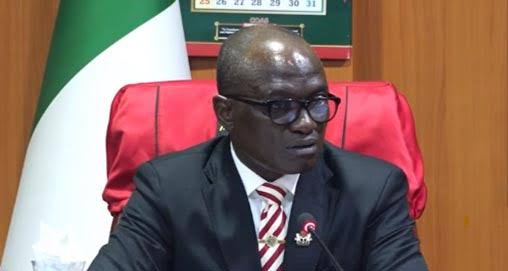
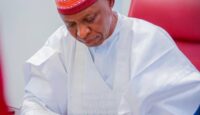



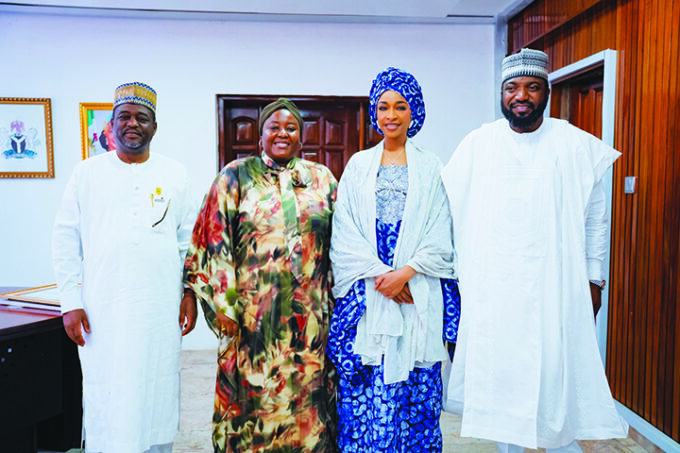
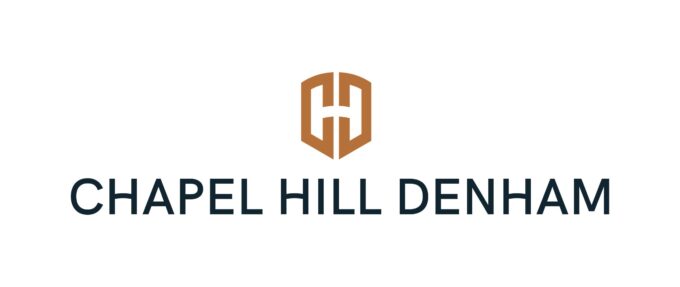


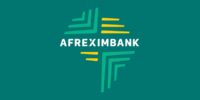

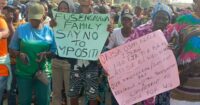
Leave a comment